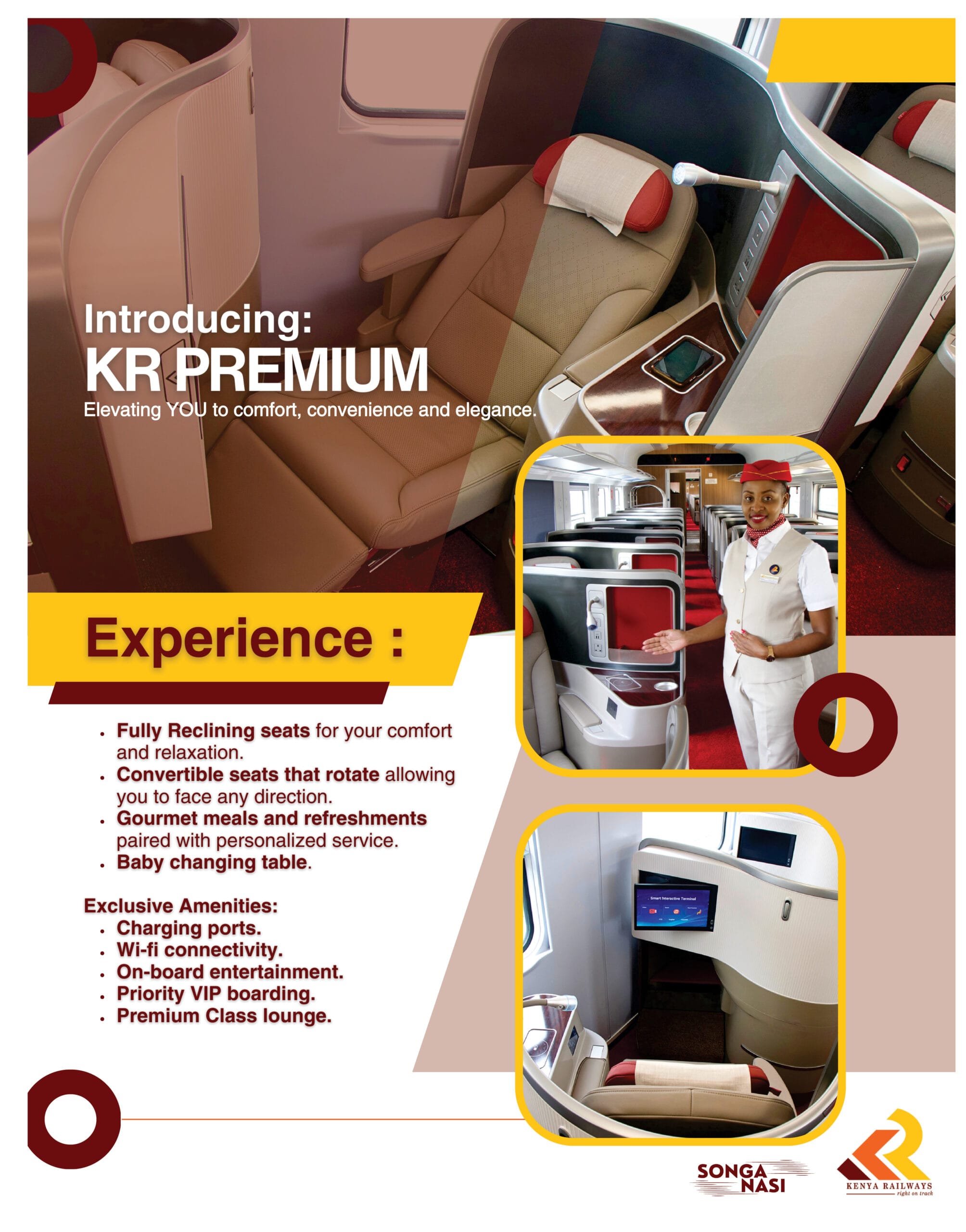By Cynthia Omondi
Micro, Small, and Medium Enterprises (MSMEs) play a vital role in Kenya’s economic growth. They form the backbone of our economy, comprising 98% of all business entities. According to the 2016 National MSME Survey by the Kenya National Bureau of Statistics (KNBS), there were over 7.4 million MSMEs employing more than 14.4 million Kenyans and contributing approximately 33% to the Gross Domestic Product (GDP) at the time.
Despite their significant contribution, MSMEs face numerous challenges that hinder their growth. Limited access to credit, high inflation, inadequate financial literacy among entrepreneurs, and competition from established businesses have made it increasingly difficult for MSMEs to achieve profitability. Studies show that up to 70% of start-ups collapse within their first three years of operation.
Among these challenges, access to credit stands out as a critical factor in the growth and sustainability of MSMEs. The ability to secure funding—especially during challenging times—makes businesses more resilient. Many enterprises require credit for essential operations such as purchasing inventory, investing in technology, and expanding their footprint.
Facilitating access to credit begins with recognizing the informal nature of most MSMEs. Approximately 80% of MSMEs in Kenya are unregistered, which limits their ability to access formal credit facilities. Encouraging these informal enterprises to register could significantly enhance their contribution to the economy.
Traditional banks have strict lending criteria, high borrowing costs, and require collateral, making it difficult for many MSMEs to qualify for loans. Informal MSMEs often lack the necessary documentation, such as formal business plans and financial records, required by lenders to assess creditworthiness.
Unregistered MSMEs also miss out on opportunities to secure credit at affordable interest rates from government facilities such as the Credit Guarantee Scheme (CGS), the Women Enterprise Fund, the Uwezo Fund, the Youth Enterprise Development Fund (YEDF), and the Biashara Fund. These facilities require valid business registration to disburse credit, leaving many MSMEs unable to benefit from these resources.
As a result, some MSMEs turn to high-interest informal lending sources, commonly referred to as “shylocks,” which can strain their financial health and undermine their sustainability. Addressing these challenges requires a multi-pronged approach involving the government, financial institutions, and entrepreneurs.
The government and private sector should champion initiatives to enhance financial literacy among entrepreneurs. Partnerships between these sectors can be particularly impactful, as businesses are often interconnected. For instance, the recently launched Inua Biashara program by the Kenya Bankers Association—a Ksh 150 billion accelerator initiative—aims to enhance credit access for MSMEs, provide tailored financial literacy training, and improve market access.
Through such partnerships, entrepreneurs can learn the importance of business registration, record-keeping, and financial planning, enabling them to qualify for credit more easily.
Government bodies established to support MSMEs must enhance their outreach and operations. Beyond offering credit, these institutions should guide unregistered businesses on the steps needed to become eligible for formal financing. Proactive engagement with MSMEs can help bridge the gap between policy and practice.
Entrepreneurs themselves must take the lead in improving their credit viability. This includes registering their businesses, developing solid business plans, maintaining accurate records, establishing a positive credit history, and leveraging collateral substitutes such as inventory, purchase orders, or other assets. These efforts will broaden their financing options and improve their resilience against credit access challenges.
Economic stability in Kenya is highly dependent on the health of MSMEs. Empowering these enterprises to achieve profitability is essential for stabilizing the economy. Access to affordable credit is a key enabler for MSMEs to grow and thrive.
Achieving this goal requires collaborative efforts across all sectors—government, private institutions, and entrepreneurs alike. By working together to ensure MSMEs easily access credit, we can ensure that they unlock their full potential and continue to drive Kenya’s economic growth.
Cynthia Omondi, Development Finance Advisor. She works at Orwa & Company Associates



